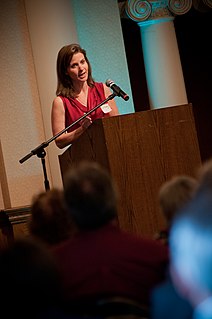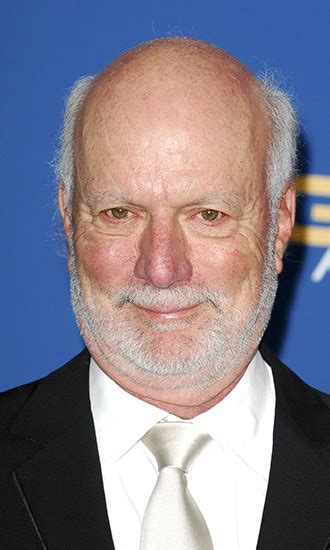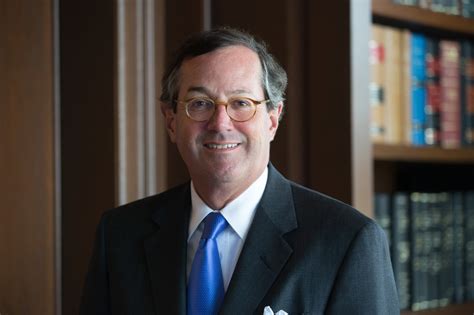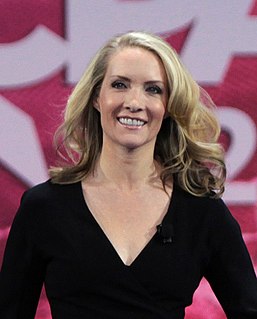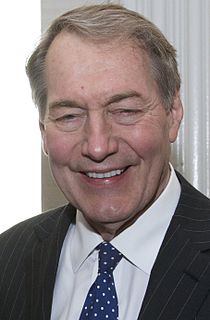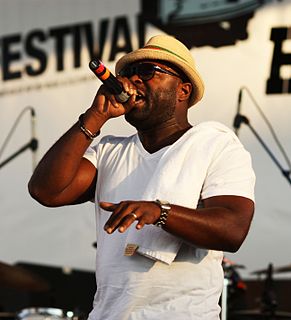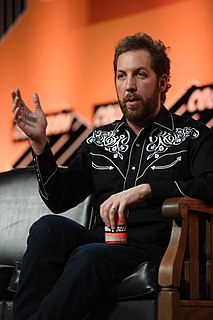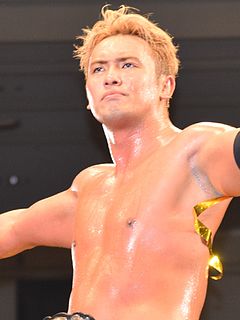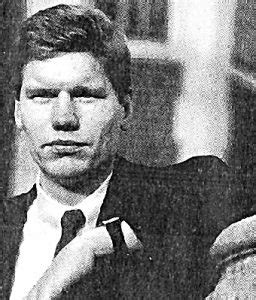A Quote by Stanley Druckenmiller
With my business, the way you make big money is you find a great management team and a good concept, and you stick to it, and you add to it over time. In philanthropy, there was more this idea that once an idea was formulated, you moved along.
Related Quotes
Get a job and when you earn a little bit of money, then you can do more good. Then bringing your values doesn't mean you have to compromise yourself. You got to get over this idea that you can't work for a big corporation, or for big oil or bigger pharma, because actually, those are some of the great jobs are and you can do good there.
I find that it's almost essential to fall in love with an idea to invest the time it takes to make it good and worth sharing. And then, the hard part: deleting that idea when it's just not what it could be. Too often, organizations are good at the first part, but struggle with the second. And so we defend expired business models, support the status quo and have a knee-jerk inclination to preserve what we've got.
Good money management alone isn't going to increase your edge at all. If your system isn't any good, you're still going to lose money, no matter how effective your money management rules are. But if you have an approach that makes money, then money management can make the difference between success and failure.

